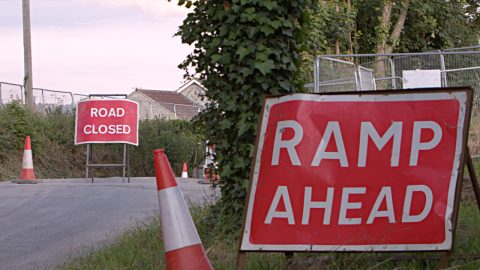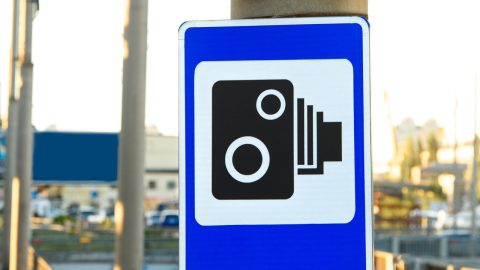In the realm of driving regulations, a new penalty has been introduced that targets an often-overlooked aspect of responsible driving: running out of fuel. This seemingly simple oversight can now lead to significant consequences for drivers. The rationale behind this new penalty is multifaceted, touching upon road safety, traffic flow, and environmental considerations. In this blog, we delve into the details of this regulation, its implications for drivers, and the broader message it conveys about driving etiquette and responsibility.
Understanding the New Penalty
Running out of fuel on the road has traditionally been viewed as an inconvenience, perhaps even a personal embarrassment, rather than a legal infraction. However, the introduction of this penalty signifies a shift in perspective, recognising the potential hazards and disruptions caused by vehicles unexpectedly stopping due to fuel depletion. The specifics of the penalty, such as the fine amount and any additional consequences, can vary by jurisdiction but generally include a monetary fine and could potentially impact a driver’s record.
Safety and Traffic Flow
The primary concern driving this new regulation is safety. A vehicle that runs out of fuel on a busy road or, worse, on a highway, can become an immediate road hazard. It poses risks not only to the driver and passengers of the immobilised vehicle but also to other road users who might not anticipate a stationary vehicle in a moving traffic lane. The sudden need to maneuver around the stalled vehicle can lead to accidents or contribute to traffic congestion.
Environmental Considerations
While safety and traffic flow are at the forefront, there’s also an environmental angle to this penalty. Encouraging drivers to maintain an adequate fuel level can lead to more efficient driving habits. Vehicles running low on fuel can operate less efficiently, and the act of refueling them in a hurry can lead to spillages and wasteful practices. By penalising the lack of fuel, the regulation indirectly promotes more conscientious fuel consumption and planning, which can have a minor yet positive environmental impact.
Driver Responsibility and Planning
At its core, this penalty underscores the importance of driver responsibility and planning. Checking fuel levels and ensuring that a vehicle is adequately prepared for a journey are fundamental aspects of driving that can sometimes be overlooked. This new rule serves as a reminder for drivers to be more attentive to their vehicle’s needs, promoting a more proactive approach to driving and vehicle maintenance.
Navigating the New Regulation
For drivers, adapting to this regulation means incorporating a few simple practices into their routine:
- Regularly checking fuel levels before commencing a journey, especially if it’s a long one.
- Planning routes with awareness of fuel station locations, particularly in unfamiliar areas.
- Using fuel consumption indicators available in most modern vehicles to estimate remaining driving distances.
The introduction of a penalty for running out of fuel is more than just a new rule to follow; it’s a prompt for drivers to adopt safer, more efficient, and more environmentally friendly driving habits. It highlights the importance of foresight and responsibility in everyday driving, aiming to reduce preventable incidents on the road. As with any new regulation, there will be a period of adjustment, but the ultimate goal is to enhance road safety and efficiency for all.









